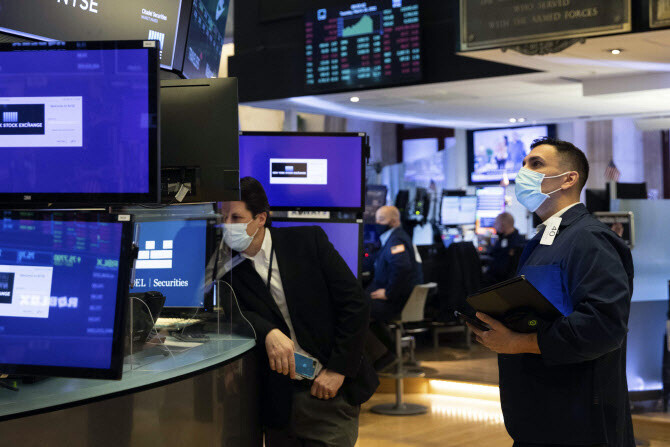
Seoul, South Korea – The South Korean stock market experienced a significant downturn on Friday, with the KOSPI index plunging 1.29% to close at 2456.81. The decline was primarily attributed to a massive sell-off by foreign investors amid growing concerns over the country's political landscape following President Yoon Suk-yeol's suspension.
Foreign investors, in stark contrast to domestic investors who anticipate a decrease in uncertainty following the president's suspension, have been persistently offloading Korean stocks. This trend, known as "selling Korea," reflects their concerns about the policy direction of a potential new administration that could emerge from an early presidential election.
On Friday, foreign investors net sold 712.5 billion won ($538 million) worth of Korean stocks, the largest daily net selling since late last month. Despite a rally in the U.S. stock market, foreign investors continued to dump Korean stocks throughout the trading session, driving the KOSPI index sharply lower.
While individual investors and institutional investors bought a net 464.4 billion won and 152.8 billion won, respectively, their efforts were insufficient to offset the heavy selling by foreign investors.
The KOSDAQ index also declined 0.58% to close at 694.47, as foreign and institutional investors net sold 1,238 billion won and 93 billion won, respectively.
The Korean won weakened against the U.S. dollar, ending the week at 1,438.9 won, up 3.9 won from the previous session. The depreciation of the won was largely attributed to the heavy selling of Korean stocks by foreign investors.
Analysts believe that foreign investors' persistent selling of Korean stocks is rooted in their assessment of the weakening competitiveness of South Korean conglomerates. However, some analysts also point to the uncertainty surrounding the policies of a new administration that may emerge from an early presidential election as another factor contributing to the foreign sell-off.
Bloomberg reported that President Yoon's suspension could delay efforts to expand nuclear power plant construction and nuclear technology exports, as well as the East Sea oil and gas exploration project. The news agency highlighted that Lee Jae-myung, the leading presidential candidate from the Democratic Party, is considered to be more climate-friendly. Lee had previously pledged to expand renewable energy, achieve net-zero emissions by 2050 a decade earlier than the current target, phase out coal-fired power plants, and halt the construction of new nuclear power plants.
[Copyright (c) Global Economic Times. All Rights Reserved.]




























